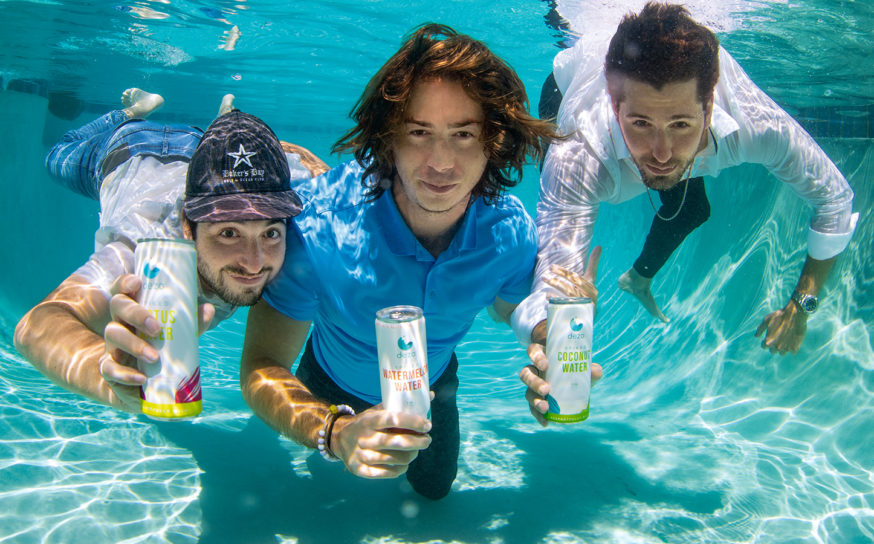Tips on Staying Healthy While Traveling
WRITTEN BY NANCY SOKOLER STEINER Traveling opens us up to new experiences, new ways of seeing. And as one anonymous traveler said, it is the only thing you buy that […]
-
CategoryUncategorized
WRITTEN BY NANCY SOKOLER STEINER
Traveling opens us up to new experiences, new ways of seeing. And as one anonymous traveler said, it is the only thing you buy that makes you richer. Whether you plan to venture close to home or far away, take some precautions to promote good health throughout your journey.
Before You Go
See your doctor a month or more ahead of time to discuss any health concerns and to get vaccines recommended for your destination. Make sure you have enough prescription medication and carry it with you, rather than in your checked luggage. Keep prescription and over-the-counter medications in their original packaging. Don’t forget to pack sunscreen.
If you are traveling abroad, visit the Centers for Disease Control And Prevention at cdc.gov/travel/destinations/ list to learn about health risks related to your destination, and the U.S. Department of State website at travel.state.gov/content/passports/en/alertswarnings.html to check current travel warnings.
En Route
“You don’t want to stay in the same position for long periods of time, which can lead to problems like deep vein thrombosis,” says Dr. Sahar Lashin, an internist with UCLA Health Primary & Specialty Care in Palos Verdes. “Be sure to get up and move around.”
In addition to walking around the plane every few hours, flex your feet periodically and try not to cross your legs. Dr. Lashin recommends that you not take sleeping pills during air travel so that you don’t stay sedentary. Air- plane cabin air contains less oxygen, so people with certain conditions such heart or lung problems may need to have medical oxygen with them in the plane.
Drink lots of water before, during and after your flight to counteract dehydration, which can exacerbate jet lag. Use a saline nasal spray to keep your nasal passages moist. Avoid alcohol and caffeine, which can be dehydrating and affect sleep. Once you reach your destination, adapt to your new time zone by staying awake until nighttime.
If you will be driving in a foreign country, you will probably need an international driving permit. You can learn about local laws and driving culture from the country’s embassy or consulates in the U.S.
Eating and Drinking
In developing countries, avoid tap water in all forms, including beverages, ice or when brushing teeth. Treat tap water by boiling it for three minutes and allowing it to cool or by using commercial iodine or chlorine tablets. Or stick with bottled and canned beverages. Locally made carbonated beverages, beer and wine may not be safe.
Also avoid raw fruits and vegetables, unpasteurized dairy products, unpeeled fruit, and raw or rare meat, fish or shellfish. Yogurt, kefir and other probiotics (including those in pill form) can help prevent diarrhea. Be sure any dairy is pasteurized.
Dr. Lashin, who has vacationed in Greece, Italy, Thailand and Turkey, advises packing nuts and protein bars to stave off hunger until you can find safe food.
Insects and Bugs
Bring and use insect repellant containing DEET. Wear protective clothing, including long-sleeved pants and shirts, and treat them with DEET if possible. Check for ticks and remove them properly. If you are traveling to a malaria- prone area, your doctor may prescribe medication that you will need to take before, during and after your trip.
Everyday Safety
Don’t forget to follow the safety precautions you take at home. Wear seat belts, helmets, life vests and other protective gear. Practice safe sex. Wash your hands often. Wear a medical bracelet or carry some type of notification if you have an allergy or a condition that might require emergency care. Keep a list of emergency numbers with you. Whether you’ll be saying skål, santé or za zdorov’e, here’s to your health!










